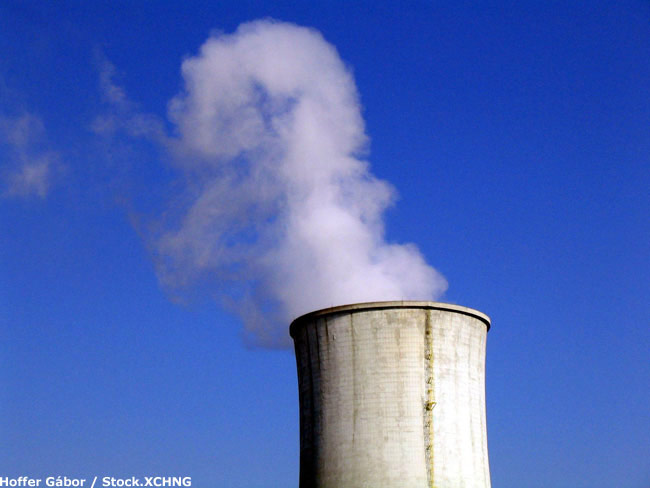The Energy Debates: Can We Change?

Editor's Note: Starting Monday, Nov. 17 and ending Friday, Dec. 19, LiveScience presented "The Energy Debates," a series of articles about the pros, cons, policy debates, myths and facts related to various alternative energy ideas. We invite you to join the debate by commenting directly on each article. In this article that ran prior to the series, we examined why the debate is needed:
OPEC, the organization that coordinates the petroleum policies of the nations that produce 40 percent of the world's oil, will likely cut production for a third time in as many months to keep the price per barrel from slipping to $50, according to reports today.
That may sound like good news, but the downside could be dimmer prospects for an energy-independent U.S. future.
It was just in July that oil topped out at $147 per barrel and everyone clamored for new technologies to reduce U.S. independence on foreign oil, which could also help the environment.
Now with oil prices down, motivation to explore alternative energy sources is waning. Biofuel companies, once the darling of debaters, can't make a dime lately and some have already gone bust. And without access to capital, companies that make solar panels may have to cut back production and research investment. In the worst case for the U.S. economy, such high-tech jobs might end up in Asia, one analyst says.
Meanwhile, the British company Centrica announced today it will revisit plans to build offshore wind farms given the huge investment and the present credit crunch.
Remember 1973? The Mideast oil embargo caused oil and gas prices to skyrocket and everyone scrambled to conserve energy and politicians opined about new technologies needed. For a while.
Get the world’s most fascinating discoveries delivered straight to your inbox.
History seems poised to repeat.
When the next economic recovery comes, will the United States have moved forward on energy policy and will real investments have been made? That may depend on how much sacrifice President-elect Barack Obama can convince Americans they really have to endure. Will voters go for billions of dollars being invested in alternative energy sources at a time when their own wallets are empty and gas is relatively cheap again? Will Congress back real spending in this realm after the $700 billion (plus) bailout? Can the country afford not to?
This time around, the future is unlikely to be as easy as it was after 1973. After the embargo ended, oil flowed freely and the supply was of little concern for the following three decades and then some. Now oil use in China and India has skyrocketed, and a growing number of experts say demand will soon outstrip supply. The big problem now, however, is not just rising usage but the likelihood that the world can't produce more than it already does.
(Did you know scientists don't really know how oil was made in the first place? They do, however, know where most of it is, and they know there is very little undiscovered oil left to find.)
It isn't just tree-huggers who think we've hit Peak Oil — that point where all available supply (everything in the earth that we can expect to reasonably extract) is pretty much found and the pump-able amount begins to decline. Scientists have been predicting this for years (Swedish scientists last year said it might happen in 2008), but politicians and lobbyists have disagreed. Now even T. Boone Pickens, the oil billionaire, says we're past the peak of oil production (he figures the peak came in 2005, others have varying ideas about when the peak has or will occur).
In 1970, we imported 24 percent of our oil, Pickens says. Today it's nearly 70 percent.
Even energy companies seek better policy. This week the head of Chevron called on Obama to "create a national energy policy that promotes efficiency, opens up new areas for oil production and sets a clear policy on carbon dioxide emissions." Chief Executive Dave O'Reilly also said: We need to work on oil and gas and nuclear and coal and renewables — all of it. We ought to be working on growing as much domestic supply as we can."
Robert is an independent health and science journalist and writer based in Phoenix, Arizona. He is a former editor-in-chief of Live Science with over 20 years of experience as a reporter and editor. He has worked on websites such as Space.com and Tom's Guide, and is a contributor on Medium, covering how we age and how to optimize the mind and body through time. He has a journalism degree from Humboldt State University in California.



